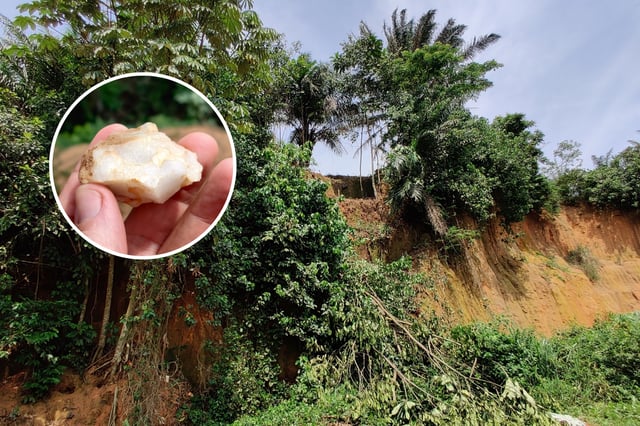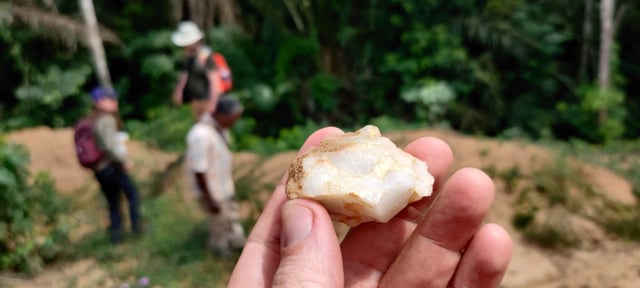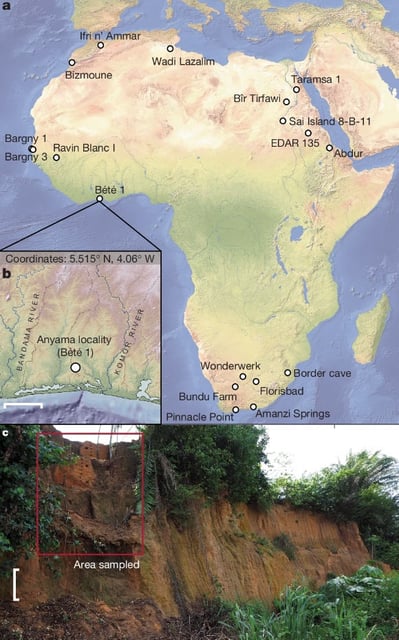Overview
- Researchers discovered stone tools at the Bété I site in Côte d'Ivoire, dating back 150,000 years, doubling the previous estimate for human rainforest habitation.
- The findings challenge long-held assumptions that rainforests were natural barriers to early human settlement and underscore ecological diversity in human evolution.
- Sediment analysis confirmed the site was a dense rainforest at the time, with pollen and plant remains consistent with humid West African ecosystems.
- The tools and environmental evidence suggest humans adapted to and possibly altered rainforest environments much earlier than previously thought.
- The study highlights the need for further exploration of other Ivorian sites to understand early human activity in tropical forests.


